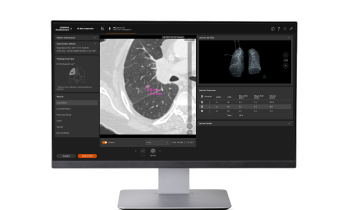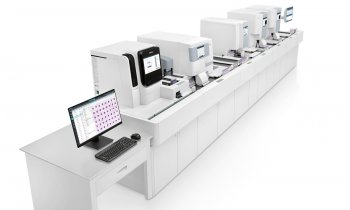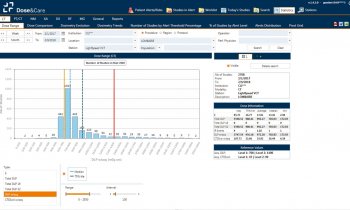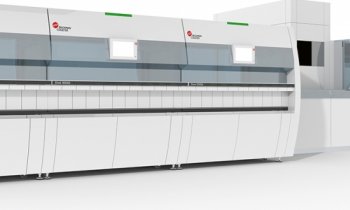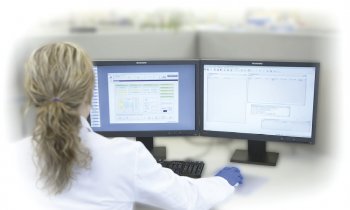A new training scheme for junior doctors
In the future, 80% of patient treatments will be provided in primary care settings, rather than hospitals
“The UK is at the forefront of worldwide educational practice”.
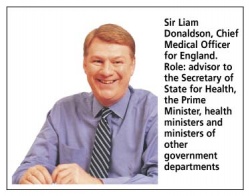
A Foundation Programme Curriculum for junior doctors has been launched by the United Kingdom’s Department of Health, as part of its Modernising Medical Careers programme. In this new programme trainees will have to demonstrate competency in traditional medical areas - as well as in communication and consultation skills, patient safety and team working.
The programme includes:
• The framework for a structured two-year training programme that will give trainees exposure to a range of career placements across a broad spectrum of specialties, such as accident & emergency, obstetrics & gynaecology and anaesthetics. The programme also aims to give each trainee the opportunity to have experience in primary care and provide opportunities for experience in smaller specialties and academic medicine, not normally available at this stage of training
• Explicit standards of assessment and structure supervision for trainees, where an educational supervisor will oversee each trainee and each post will benefit from a dedicated clinical supervisor
• The requirement for trainee doctors to learn a range of skills, including communication, the undertaking and use of research, time management and use of evidence and data. Each of these skills will be assessed through an agreed method prior to completion of the programme.
‘For the first time, doctors will have the opportunity to explore a range of career options, while ensuring that their acute clinical and professional skills are secure and robust,’ Sir Liam Donaldson, Chief Medical Officer for England, pointed out. ‘This is very much a curriculum for patient safety, ensuring that at the end of their two years of training doctors are both confident and competent and we are delighted that the UK is leading the world in innovations in medical education.’
The UK Government’s Health Minister John Hutton explained that, because the country is moving to a situation where 80% of patient treatments will be provided in primary care settings, rather than hospitals, more trainee doctors need to spend time in places such as general practitioner (GP) surgeries and the patients’ ‘Walk-in Centres’ now provided in many of them.
One of the aims of the programme, added Dr E M Armstrong, Chief Medical Officer of Scotland, is to ensure that patients are seen and treated by ‘... trained doctors rather than, as at present, by doctors in training’, and added that young medical graduates will need to acquire the requisite skills and competences to achieve specialist accreditation over a shorter period than previously.
Dr Ruth Hall, Chief Medical Officer to the Welsh Assembly Government, said that a second introductory year for doctors had been thought necessary in educational circles for some time. ‘In introducing this now we are delighted to say that the UK is at the forefront of worldwide educational practice.’
Chairman of the Academy of Medical Royal Colleges Professor Sir Alan Craft said that the curriculum ‘... heralds a new era in medical training and education in the UK. As healthcare changes, the Foundation Programme curriculum will ensure that doctors going through the system are fit for the modern healthcare service.”
One of those taking part in the pilot project for the programme, Dr Kate Grisaffi, explained that she had chosen to do it in order to experience a wide range of specialties. ‘The best thing was developing the generic skills essential for all doctors - good acute care skills, communication and teamworking skills.’
The curriculum, which follows on from publication earlier this year of the General Medical Council’s The New Doctor 2005, was launched in April, and will commence this August.
Until 2007, Foundation Year 1 (F1) trainees will continue to undertake a year in PRHO-approved training placements, including at least three months in both medicine and surgery. As part of F1’s ongoing development, an increasing focus will be placed on assessing core competencies gained along the training pathway.
A number of assessment tools are being piloted with over 1,750 trainees across the country, to develop a robust, validated process for proving a trainee’s competence ahead of full General Medical Council (GMC) registration and progression into the second year of foundation (F2).
The foundation curriculum will ensure that trainees move seamlessly from F1 into F2 following assessment and subsequent GMC registration, said the Department of Health.
07.08.2006






